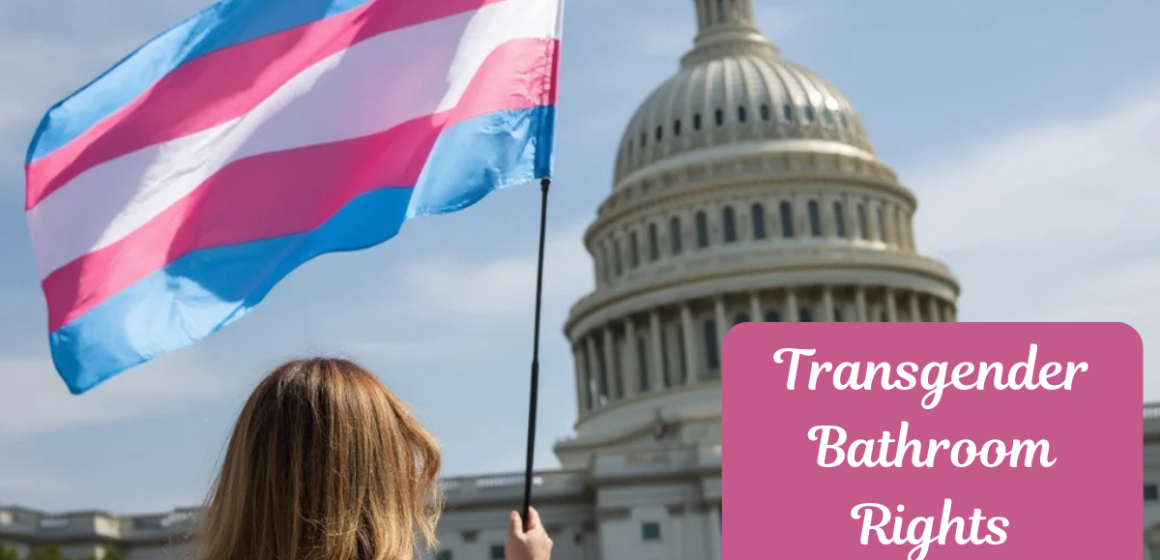The U.S. Capitol is at the center of a heated debate over transgender bathroom rights. A proposal by Representative Nancy Mace (R-SC) seeks to limit transgender individuals from using bathrooms that align with their gender identity in the Capitol complex.
This debate comes shortly after Sarah McBride made history as the first openly transgender person elected to Congress, bringing issues of identity and inclusion into sharper focus.
Opposition from Democrats
Many Democratic lawmakers are pushing back against Mace’s proposal, calling it discriminatory. Representative Alexandria Ocasio-Cortez (D-NY) described the bill as “dangerous” and a step backward in the fight for transgender equality.
For Democrats, this isn’t just about bathrooms—it’s about standing up for transgender rights across all areas of public life. Advocates argue that such restrictions only deepen the marginalization of transgender individuals, who already face high rates of harassment and violence.
Support from Conservatives
On the other side, conservatives supporting the proposal say it’s about protecting privacy and safety in gender-specific spaces, particularly for women. Mace and her supporters stress the need to preserve what they see as safe environments for women and girls.
This argument echoes broader national discussions about maintaining traditional gender norms in spaces like bathrooms and locker rooms.
A Broader National Debate
The debate in the Capitol is just one part of a larger conversation happening across the U.S. In 2024 alone, over 30 states introduced similar laws focusing on schools and public facilities. These laws reflect a cultural clash between those advocating for gender inclusivity and those who want to protect traditional definitions of gender roles.
Research shows transgender individuals are more likely to experience violence, both verbal and physical, compared to the general population. Advocates argue this highlights their vulnerability, while opponents point to discomfort and perceived safety concerns from cisgender women as reasons for restrictions.
What’s Next?
The future of Mace’s proposal remains uncertain, but its outcome could set the tone for policies affecting transgender rights on federal properties. The debate underscores the need for thoughtful conversations about balancing privacy and inclusivity in public spaces.
Regardless of the outcome, this issue will likely remain a key topic in American politics as society works toward solutions that respect the rights and dignity of all individuals.



Leave a Reply